The Expanding Role of Seaweed in Modern Industries #
Seaweed, once primarily associated with coastal ecosystems, is now at the forefront of innovation across multiple sectors. From functional ingredients and sustainable packaging to health, wellness, and environmental restoration, marine algae are reshaping the way industries approach sustainability and product development.
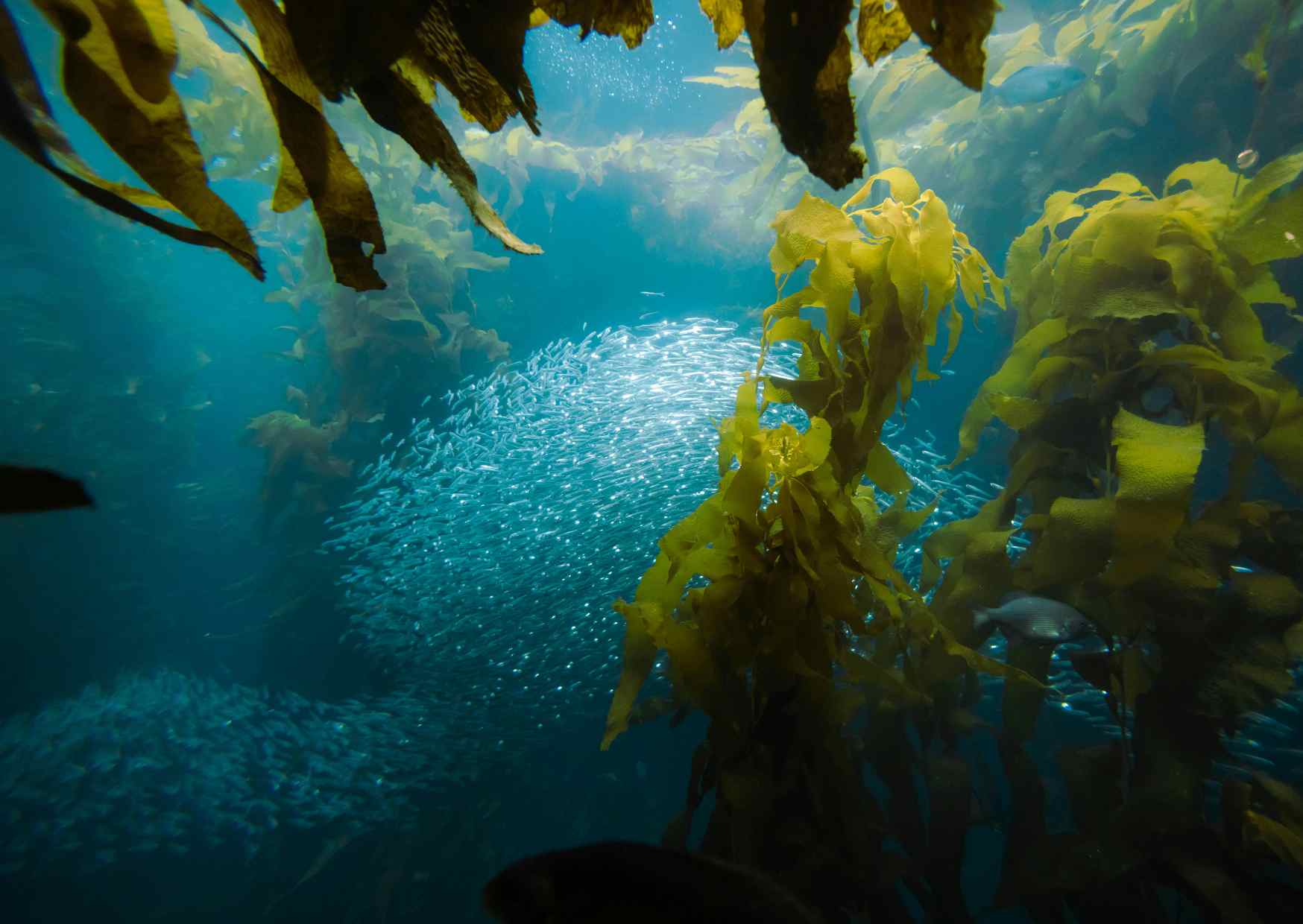 Marine Polysaccharides is the Future of Functional Ingredients
Marine Polysaccharides is the Future of Functional Ingredients
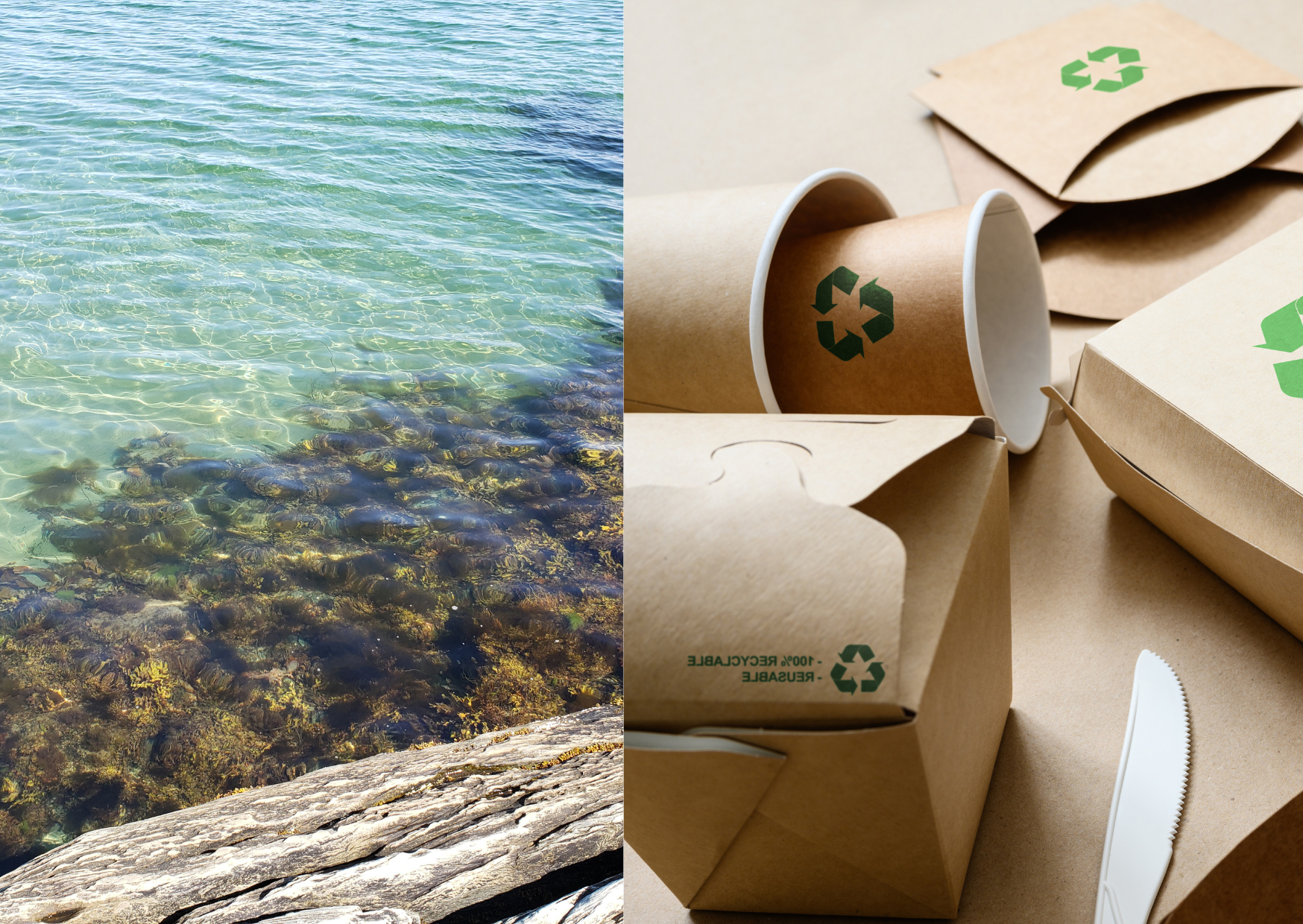 Pioneering Sustainability: Seaweed Replacing Plastic Packaging
Pioneering Sustainability: Seaweed Replacing Plastic Packaging
 An Ancient Practice Passed Down Through Centuries — Seaweed Bathing
An Ancient Practice Passed Down Through Centuries — Seaweed Bathing
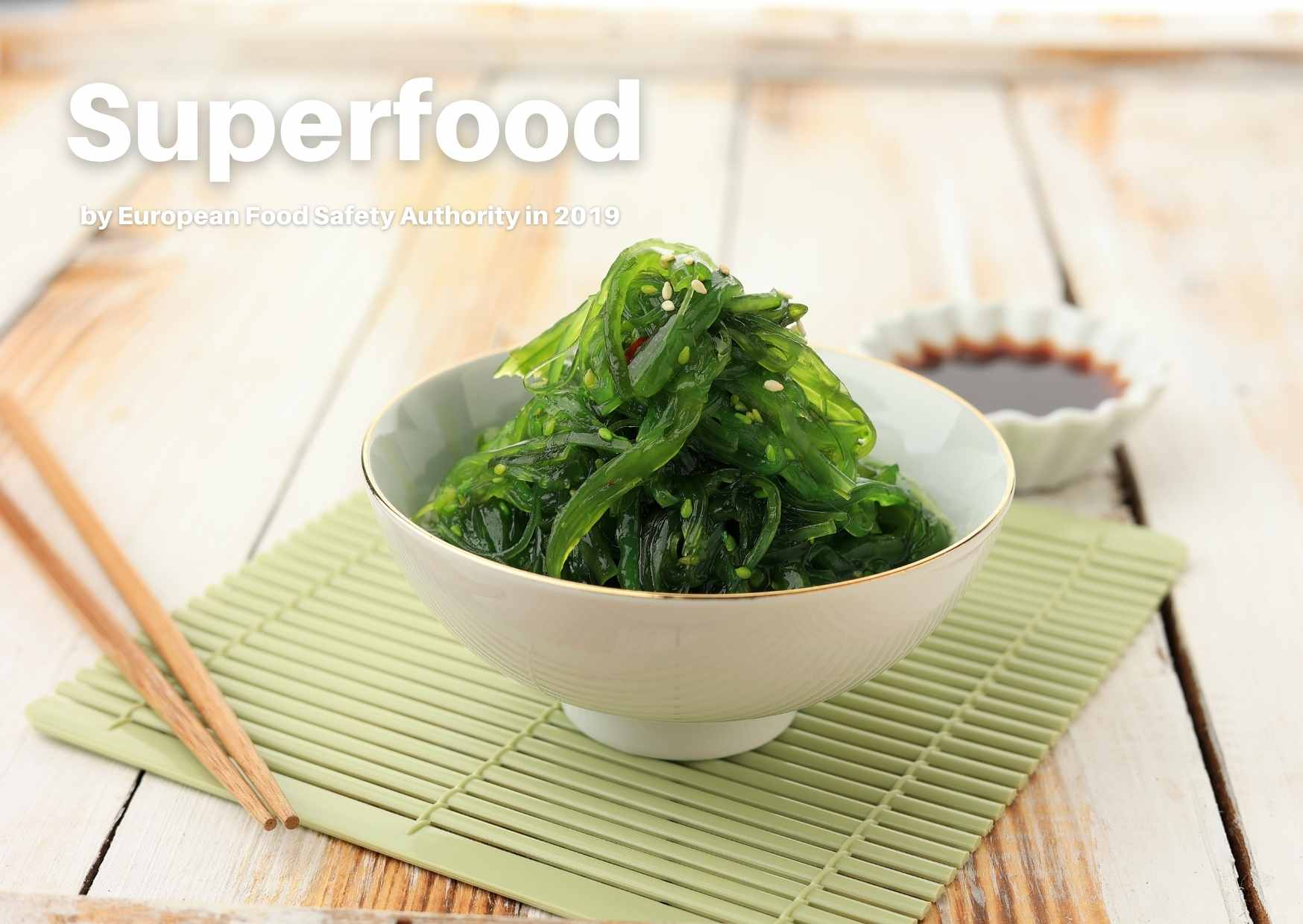 Europe's Rising Demand for Seaweed: From Sticky Reputation to a Health Trend
Europe's Rising Demand for Seaweed: From Sticky Reputation to a Health Trend
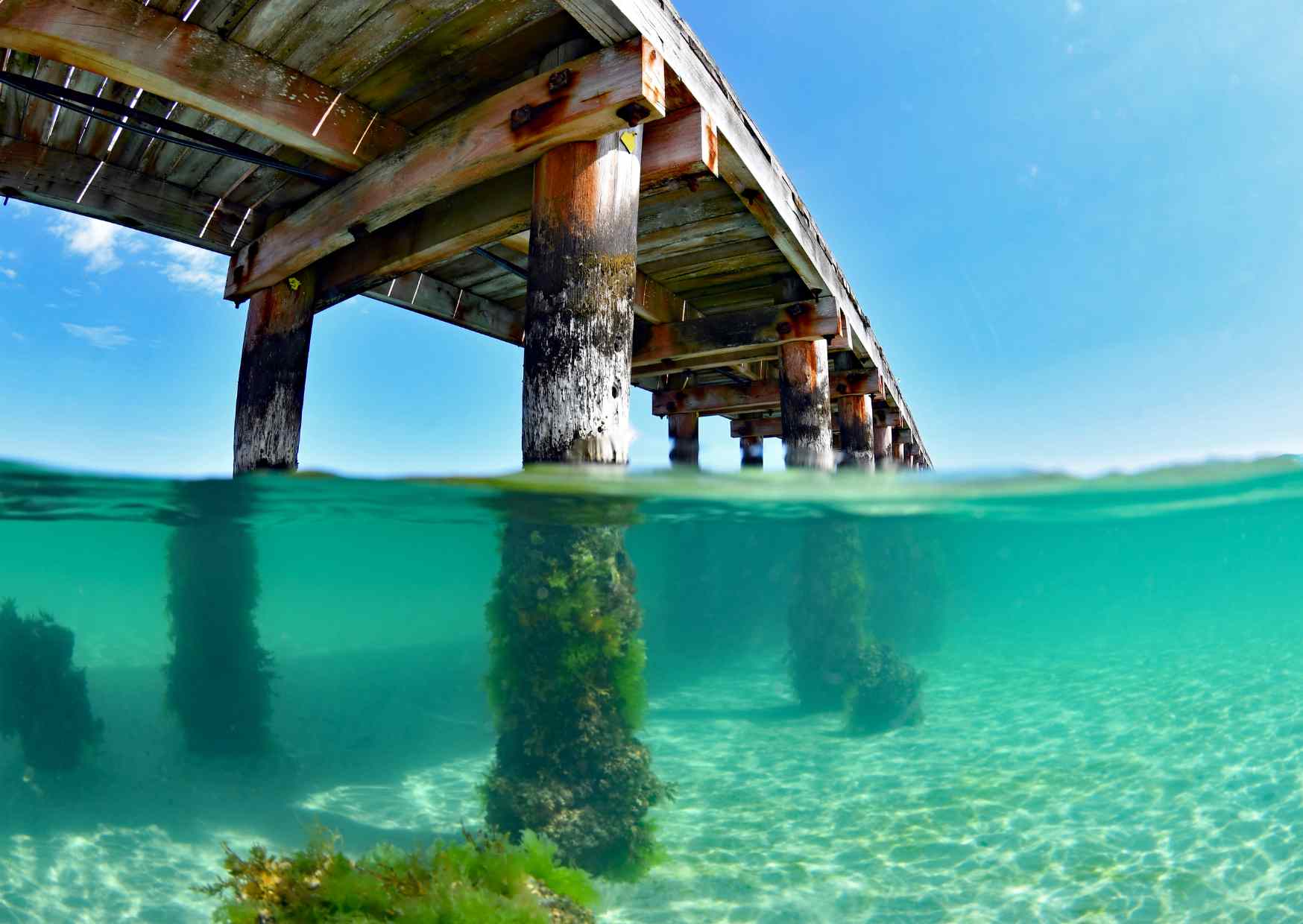 Australia Fights Back Against Sea Urchins with Seaweed Restoration Efforts
Australia Fights Back Against Sea Urchins with Seaweed Restoration Efforts
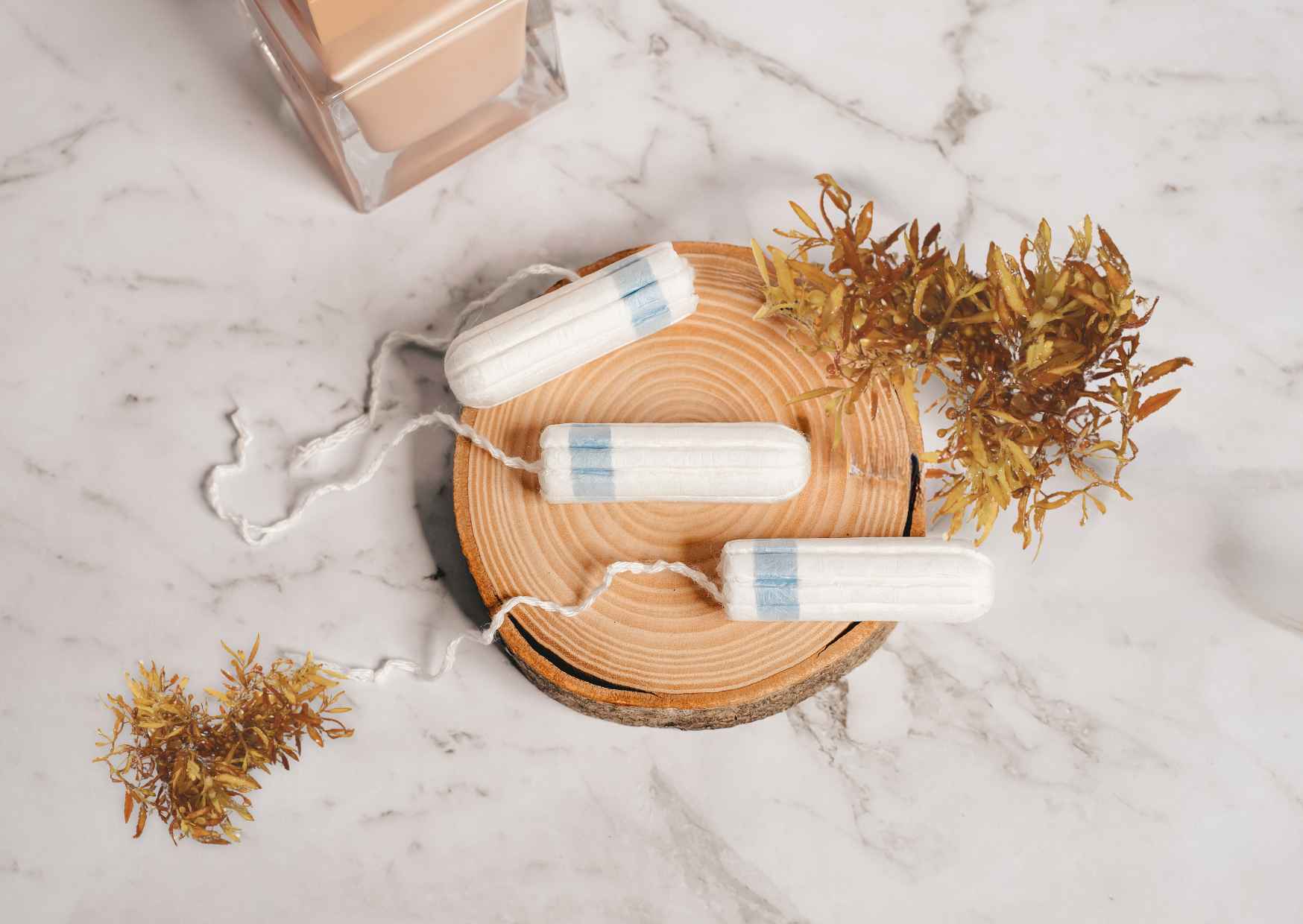 Vyld Unveils the World’s First Seaweed Tampon, Leading a Sustainable Menstrual Revolution
Vyld Unveils the World’s First Seaweed Tampon, Leading a Sustainable Menstrual Revolution
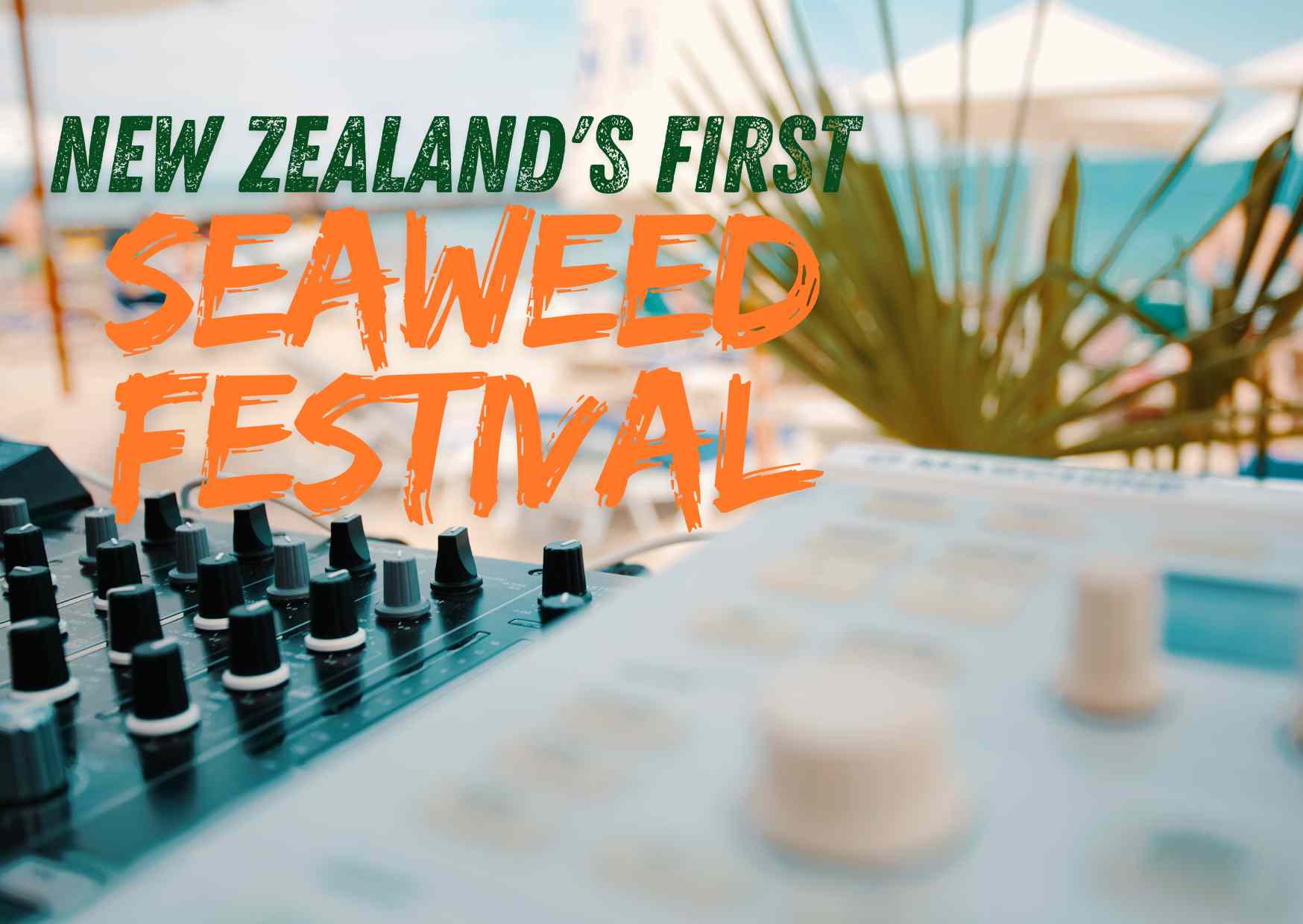 New Zealand’s First Seaweed Festival Set to Make Waves in Wellington
New Zealand’s First Seaweed Festival Set to Make Waves in Wellington
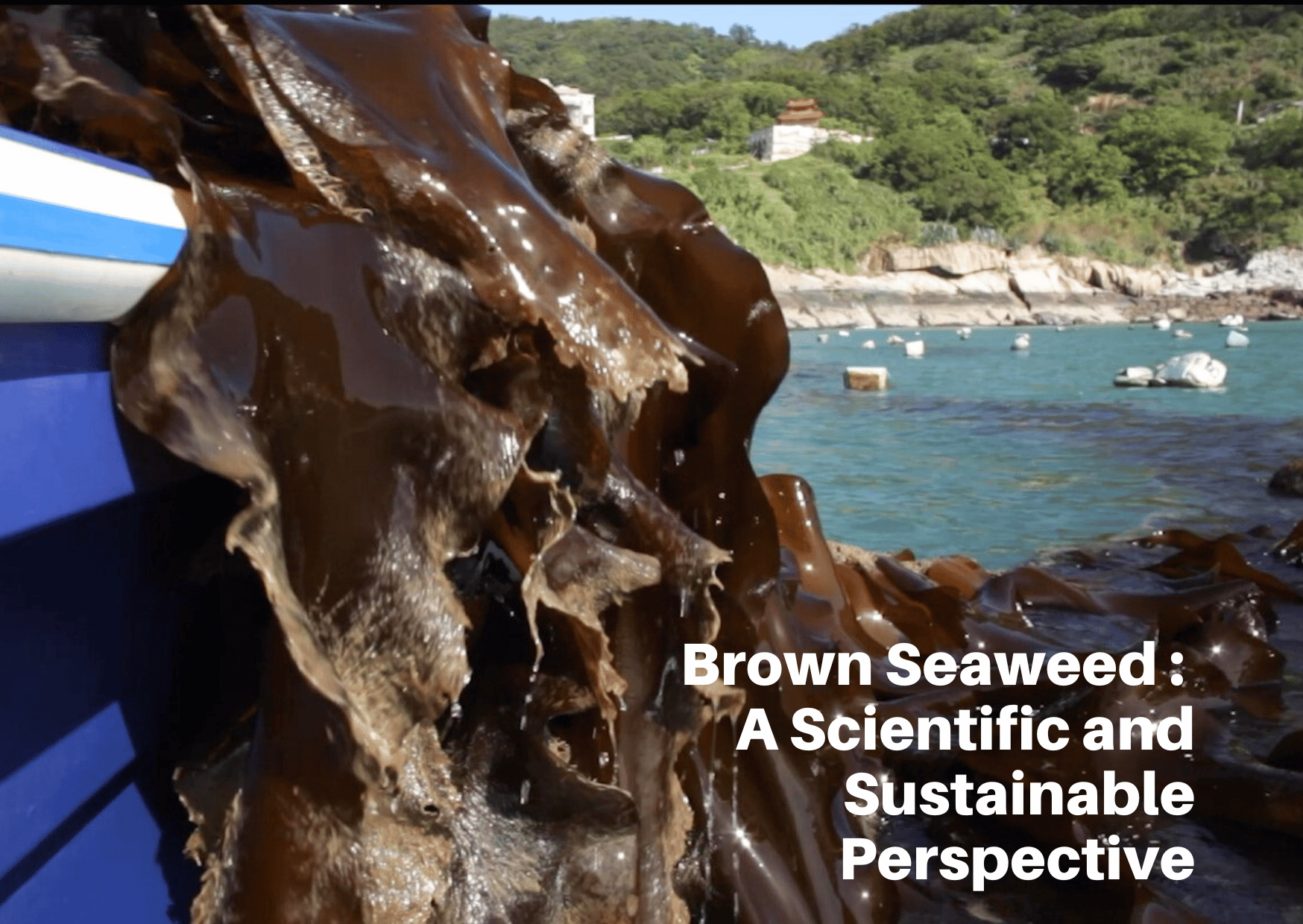 Brown Seaweed: A Scientific and Sustainable Perspective
Brown Seaweed: A Scientific and Sustainable Perspective
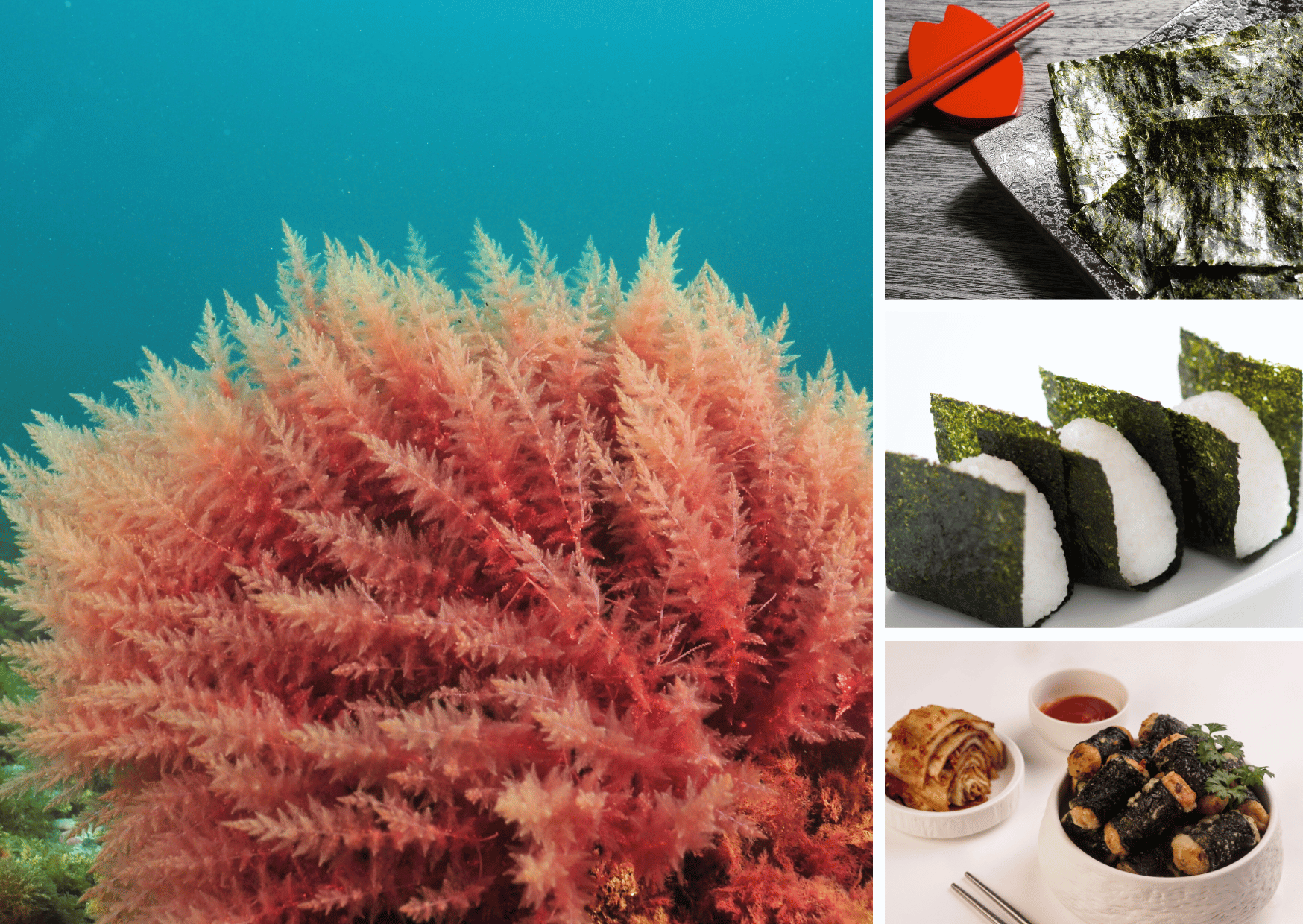 Exploring the Global Potential of Japanese Algae: Nutrition, Health, and Market Applications
Exploring the Global Potential of Japanese Algae: Nutrition, Health, and Market Applications
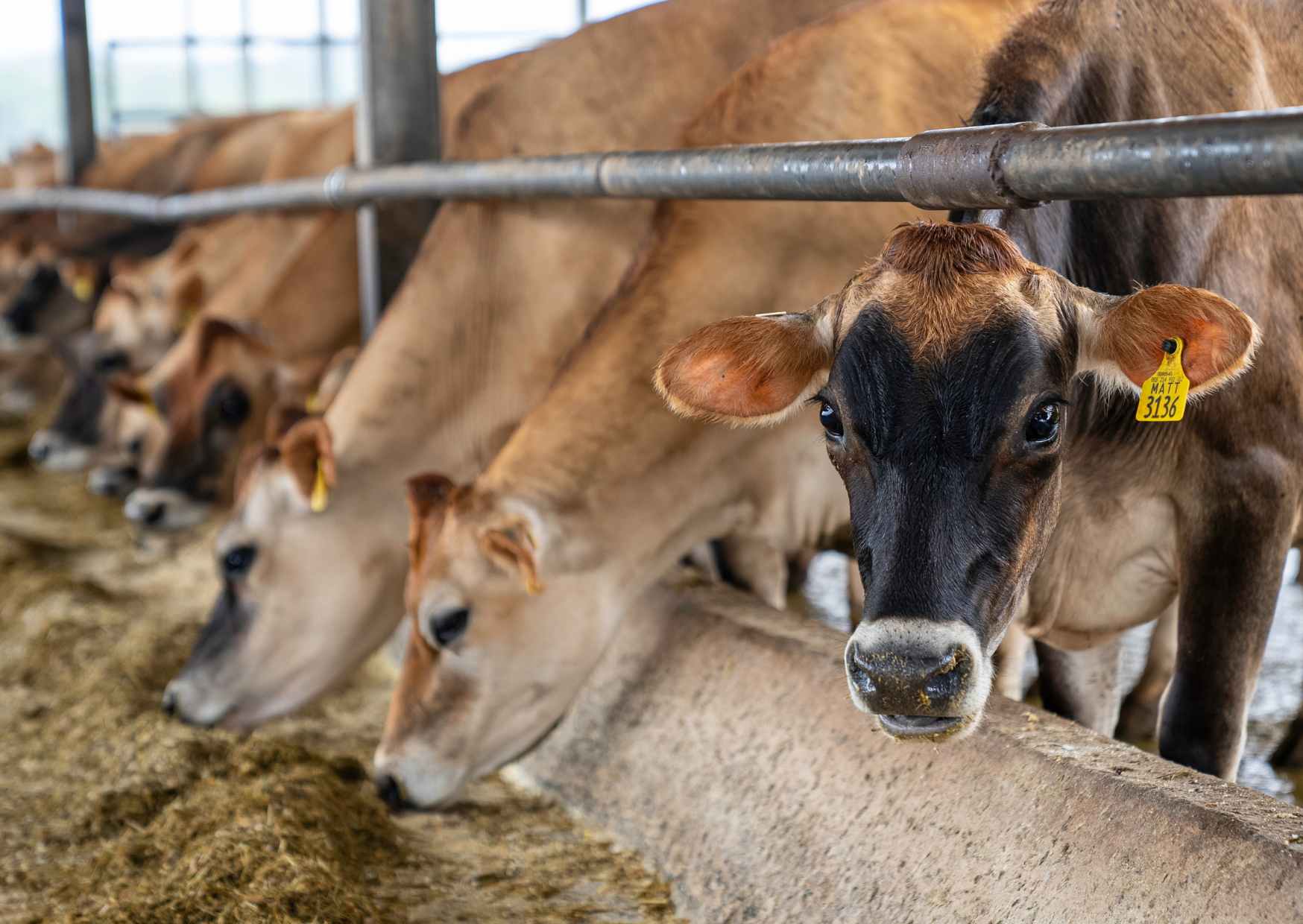 Eco-Friendly Hamburgers? How Seaweed-Fed Cattle Could Reduce Emissions
Eco-Friendly Hamburgers? How Seaweed-Fed Cattle Could Reduce Emissions
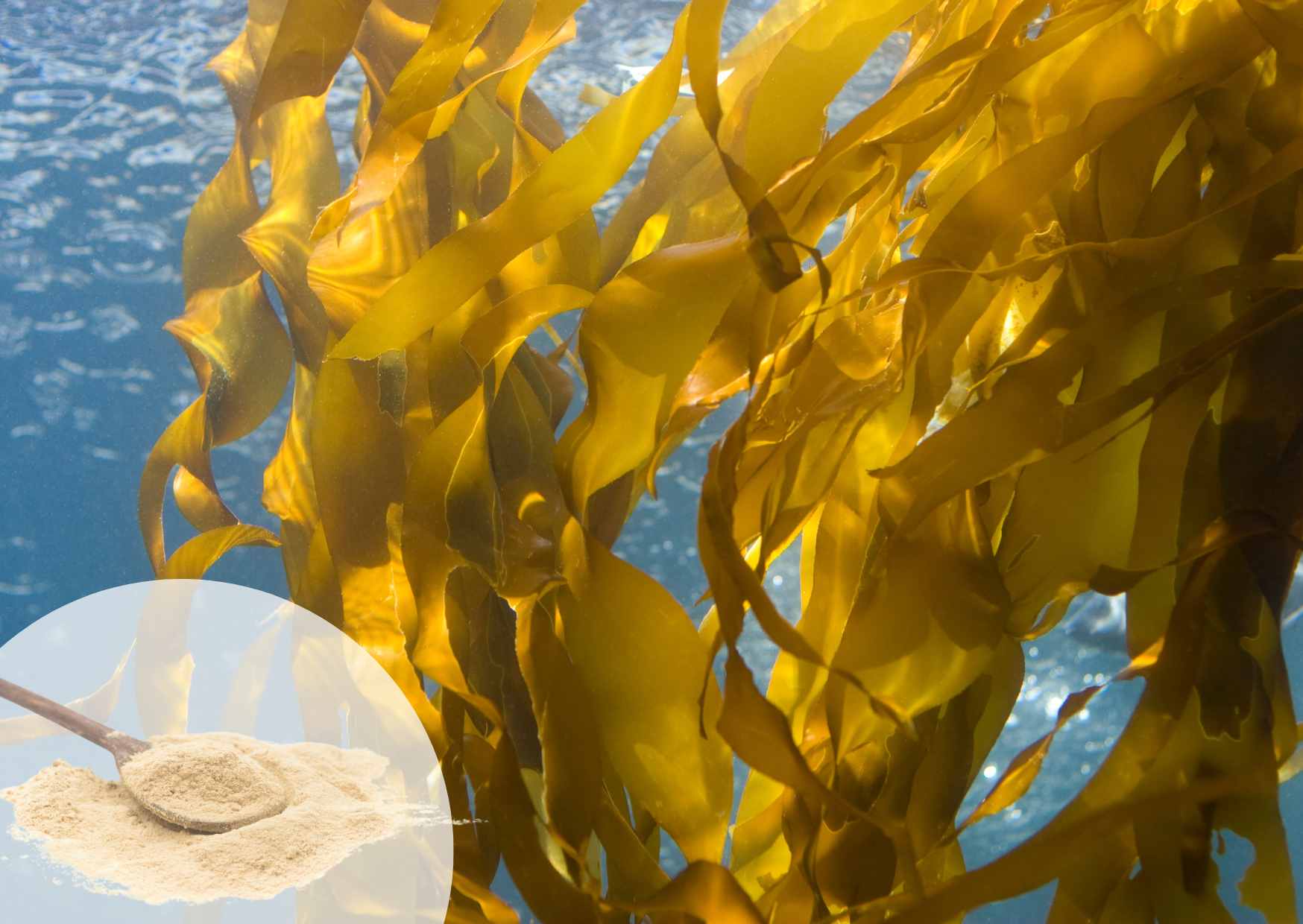 The Overlooked Benefits of Fucoidan
The Overlooked Benefits of Fucoidan
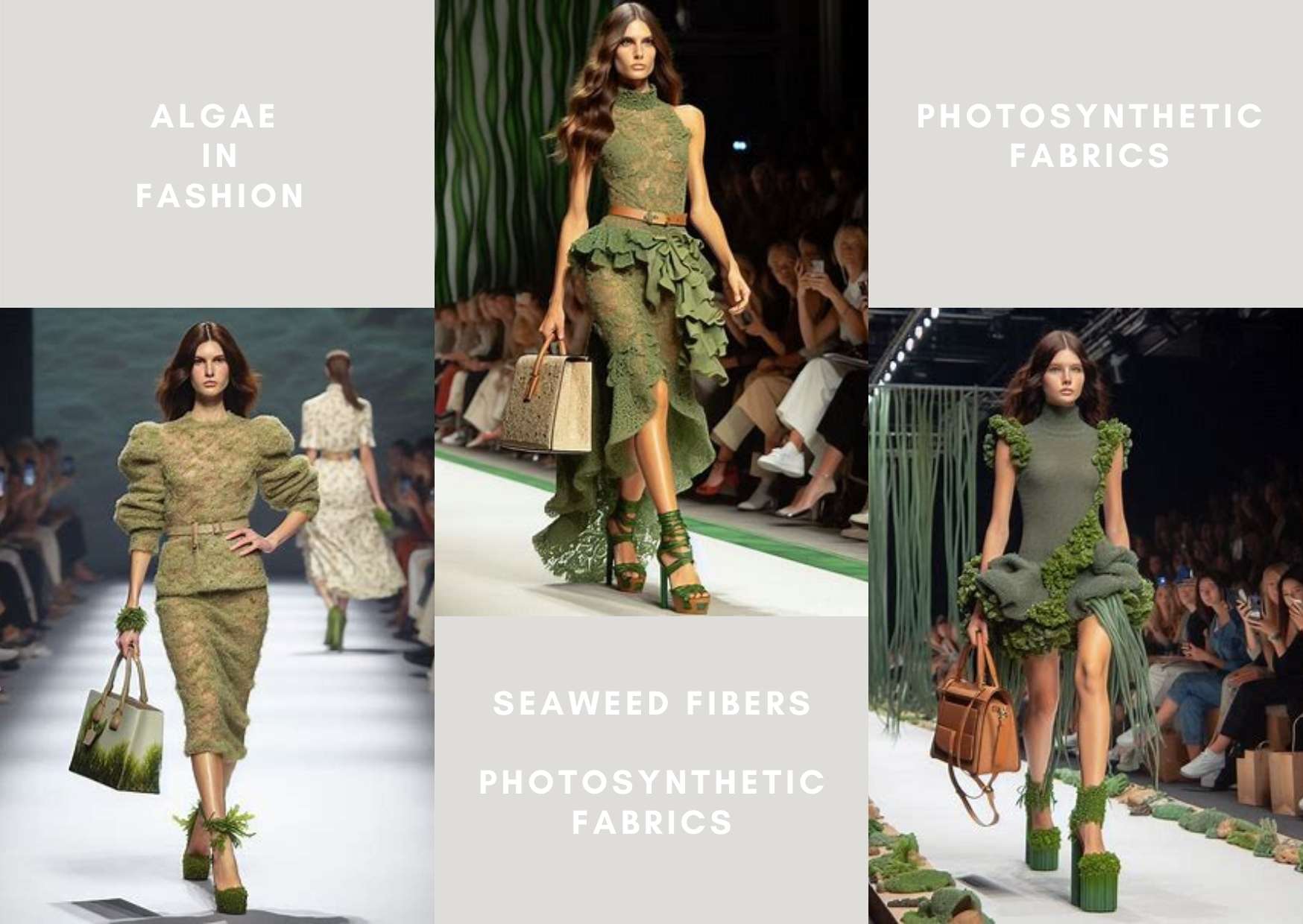 The Innovative Use of Algae in Fashion
The Innovative Use of Algae in Fashion
Marine Polysaccharides: The Future of Functional Ingredients #
As global brands seek innovative and sustainable solutions, marine polysaccharides—natural polymers sourced from seaweed and marine organisms—are gaining traction. These compounds offer unique functional and health benefits, fueling growth in the food, nutraceutical, and personal care industries. Read more
Seaweed in Sustainable Packaging #
A notable example of seaweed’s potential in sustainability is its use as an alternative to plastic packaging. At a recent event in London, snacks were served in seaweed-based containers, marking a significant step forward in eco-friendly packaging solutions. Read more
Seaweed Bathing: An Ancient Wellness Practice #
Thalassotherapy, the practice of bathing in seawater or seaweed, has been valued for centuries. Seaweed is rich in antioxidants and essential minerals like zinc, potassium, magnesium, and iodine. Bathing in mineral-rich seawater and seaweed is believed to reduce stress, improve circulation, soothe skin conditions, relieve muscle aches, and calm the nervous system. Read more
Changing Perceptions: Seaweed as a European Health Trend #
Once viewed with skepticism, seaweed is now recognized in Europe as a superfood, thanks to its nutritional profile and health benefits. The European Food Safety Authority highlighted its value, contributing to a shift in public perception and increased demand. Read more
Environmental Restoration: Seaweed and Marine Ecosystems #
In Australia, excessive sea urchin populations have devastated kelp forests, which are vital for carbon absorption and biodiversity. Restoration efforts are underway to revive these underwater forests and restore ecological balance. Read more
Seaweed in Menstrual Health: A Sustainable Revolution #
Vyld, a Berlin-based startup, has introduced Kelpon, the world’s first tampon made from seaweed. This innovation leverages the natural benefits of algae to promote sustainability and health in menstrual care. Read more
Celebrating Seaweed: New Zealand’s First Seaweed Festival #
Wellington will host New Zealand’s inaugural Seaweed Festival, celebrating the region’s underwater forests and raising awareness about the ecological and economic importance of seaweed. Read more
Brown Seaweed: Scientific and Sustainable Insights #
Brown seaweed, classified under Phaeophyceae, thrives in cold, nutrient-rich waters. Its brownish color comes from fucoxanthin, a pigment that aids light absorption and offers health benefits. Brown seaweed is valued for its nutritional, medicinal, and environmental properties, and sustainable cultivation practices are being explored. Read more
Japanese Algae: Global Potential in Nutrition and Health #
Algae have long been integral to Japanese cuisine and are now gaining global attention for their nutritional and bioactive properties. Their applications span food, health supplements, and beauty products, driving cross-industry innovation. Read more
Seaweed in Livestock Feed: Reducing Emissions #
Research at Oregon State University is exploring the use of seaweed in cattle feed to reduce methane emissions, a significant contributor to climate change. Incorporating seaweed could help lower the environmental impact of beef production. Read more
Fucoidan: A Rising Star in Beauty and Nutrition #
Fucoidan, a sulfated polysaccharide from brown seaweed, is attracting attention for its diverse biological activities and potential health benefits. It is increasingly embraced in both scientific research and consumer products. Read more
Algae in Fashion: Toward Sustainable Materials #
The fashion industry is turning to algae as a sustainable alternative to traditional materials like cotton and polyester, aiming to reduce its environmental footprint. Read more